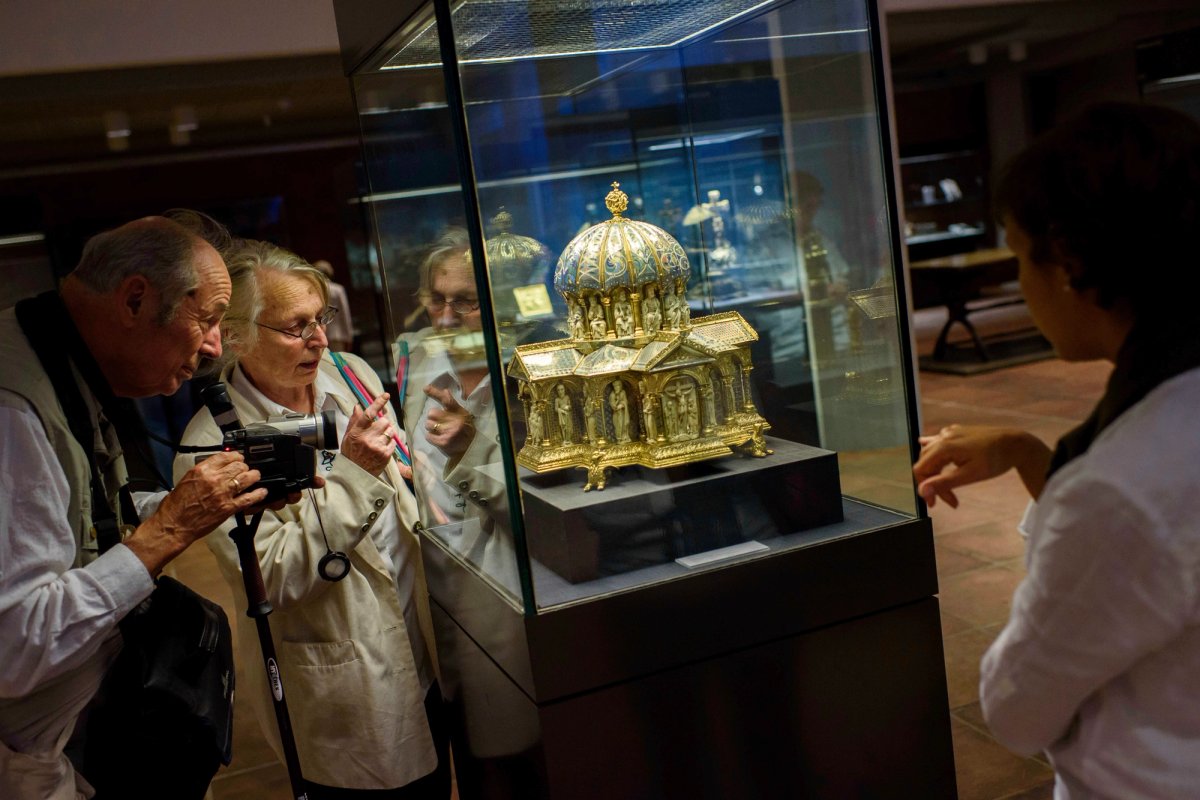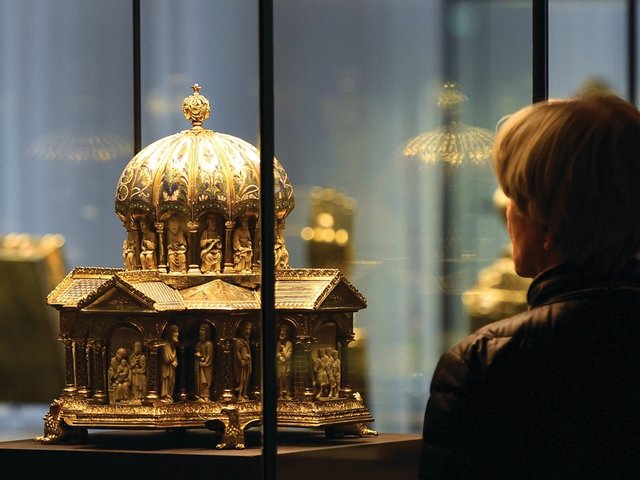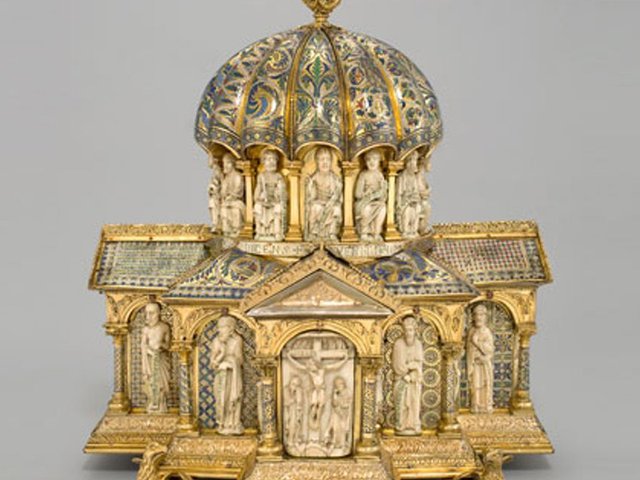The US Supreme Court has delayed its decision on whether to hear an appeal brought by the German state museums against a claim on the prized trove of medieval church reliquaries known as the Guelph Treasure, estimated to be worth at least €200m. This means the case could remain in legal limbo for the next several months, while the court waits for the Solicitor General to add the views of the US government.
The reliquaries, originally from the Brunswick Cathedral, have been claimed by the descendants of a group of Jewish art dealers in Germany, who transferred the works in 1935 to a Nazi-controlled bank, for what the heirs say was a fraction of its worth in a “genocidal taking” during the Holocaust. The objects are now held in Berlin’s Kunstgewerbemuseum (Applied Arts Museum), which is administered by the Prussian Cultural Heritage Foundation (SPK). In 2014, a German government commission said the transaction was not a forced sale arising from persecution, and that the objects should remain at the Berlin museum.
The SPK has argued that as a foreign state agency, it cannot be sued in US courts. But it has failed to get the case thrown out in lower courts based on its argument that the “genocidal” taking is not a violation of international law, and thus fails the requirements of an act that bars suits against foreign governments in the US.
In its appeal to the Supreme Court, the SPK argued that the plaintiffs are merely alleging a domestic seizure by the Nazi government, from German nationals within German territory. The lower court wrongly decided, the SPK says, that such an action can violate international law if it “amounted to the commission of a genocide”. The SPK adds that the Jewish dealers who sold the Guelph Treasure negotiated the price for over a year.
The heirs of the dealers, Alan Philipp and others, disagree: “The Holocaust was not a domestic matter,” they told the Supreme Court. The Nazis viewed the Guelph Treasure as the rightful property of Aryan culture, and “were disgusted that it was held by Jews”, the heirs says. They add that the mayor of Frankfurt at the time asked Hitler to “create the legal and financial preconditions” for the collection’s return at a fraction of its value, with a dual Nazi purpose of depriving the Jewish owners of their livelihood.
The stakes are high, the SPK told the Supreme Court, arguing that the lower court’s ruling “dramatically expands the jurisdiction of US courts to hear claims against foreign nations for alleged human rights violations” that occurred entirely abroad. This will “offend sovereign dignity, strain foreign relations,” and expose the US to reciprocal denials of immunity in foreign courts, the SPK says.
The plaintiffs’ lawyer, Nicholas O’Donnell, says: “We look forward to discussing this important case with the office of the Solicitor General.” He added that US policy “from the immediate post-war period all the way to the 2016 Holocaust Expropriated Art Recovery Act” supports the heirs' claims on the collection.




